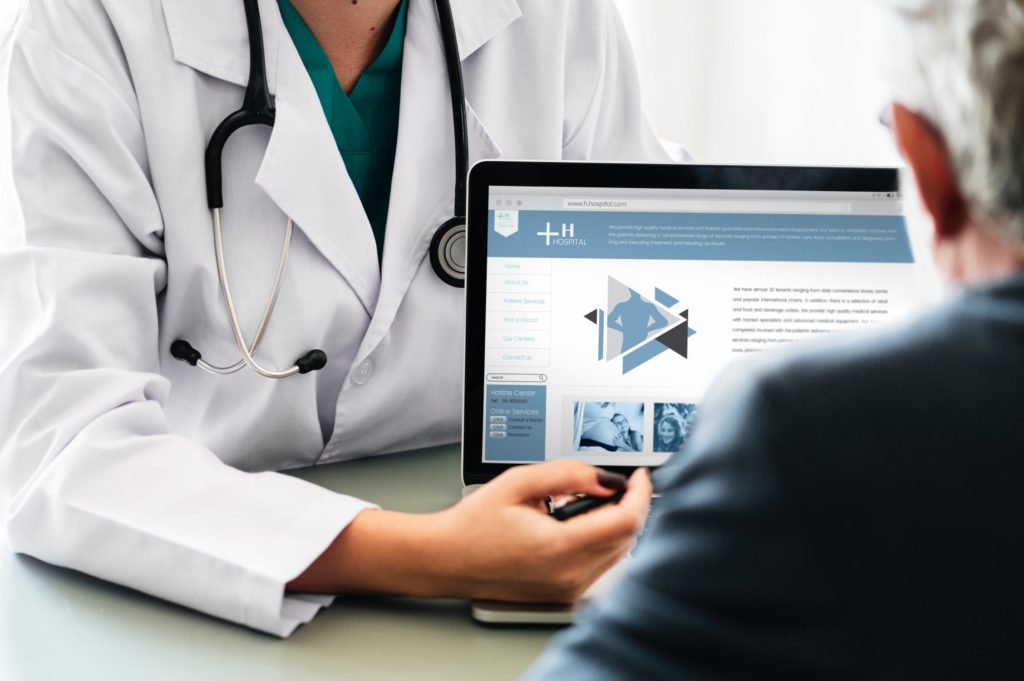How tech has changed the commercial health sector forever
It’s easy to underestimate the extent to which various technological innovations – including AI, big data and even robotics – have upended the healthcare sector. That can be especially reassuring in countries that lack a state-sponsored healthcare system such as the UK’s National Health Service.

This is because, in boosting the efficiency of healthcare and its outcome, tech can also reduce the expense of such – right down to medical insurance payments. Here are some especially significant ways in which tech has helped to make us healthier without hitting us harder in the pocket.
Providing personalised healthcare advice from chatbots
From time to time, you might have asked a virtual assistant such as Amazon’s Alexa or Apple’s Siri for help with a particular ailment. Too often, though assistants could respond by simply directing you towards a webpage aimed at addressing your query in broad, rather than specific, terms.
Hence, we can be grateful for the app-based chatbot Florence profiled by Forbes. Patients can ask the AI-powered chatbot about symptoms or medication and receive tailored advice.
Making huge amounts of data easier to manage
Despite daily generating huge amounts of data, the healthcare sector can seem somewhat overwhelmed by these resources and be left incapable of quickly accessing patient data on subjects like health issues, medication, allergies and doctor information exactly when the data is needed.
However, technology has enabled healthcare professionals to assimilate all of this data into a single electronic window, Electronic Health Records (EHR) – enabling global access to real-time information.
Predicting future ailments
In an article for Entrepreneur, Nilesh Jain – a start-up expert and founding partner of Clinivantage Technologies – outlines data points which can be used to predict ailments that could yet develop – and, in doing so, potentially give rise to a life-threatening situation.
These data points include medical history, environment, habits, genetics and current symptoms and medication. Taking account of such factors could pave the way for preventative healthcare, itself with the potential to lower medical expenses for both individuals and governments.
Allowing patients to be continuously monitored through the IoMT
The IoMT (Internet of Medical Things) is aptly-named, as it is indeed the medical strand of the even broader IoT (Internet of Things). IoMT ties together interconnected medical devices and applications which medical practitioners can use to continuously monitor patients’ vital parameters.
Heart performance, glucose levels and sleeping measures are all measures of which IoMT devices can help keep track, with IoMT even potentially helping to improve remote care.
Using consumer products to improve health
Many patients could have access to a highly functional health tracker which they previously bought long before their condition even arose. Consider the example of the Apple Watch, the heart sensors of which can detect potentially life-threatening issues like atrial fibrillation, says Healthcare Weekly.
Meanwhile, through using a CBD vape pen from VSAVI, people can tap into health benefits of consuming CBD. Though a cannabinoid from cannabis and hemp plants, CBD has been declared safe by the World Health Organisation (WHO).


